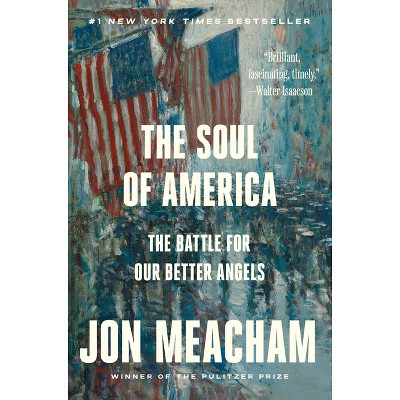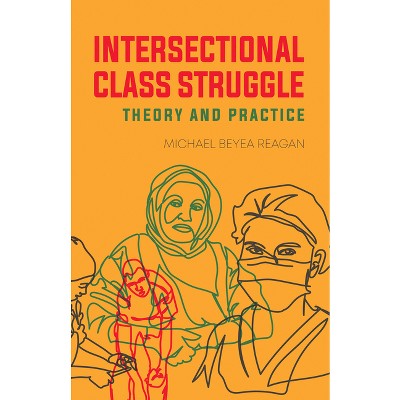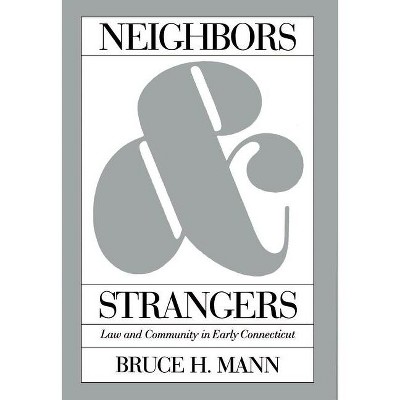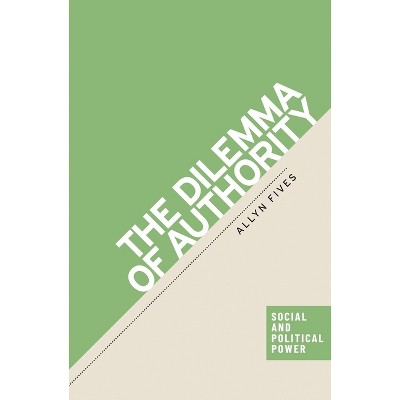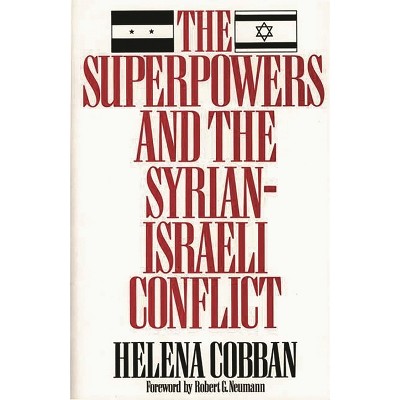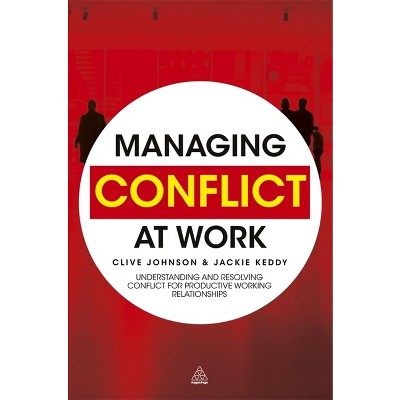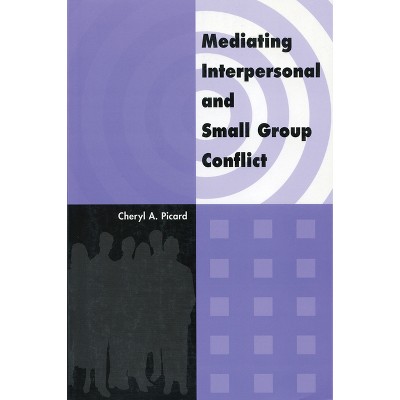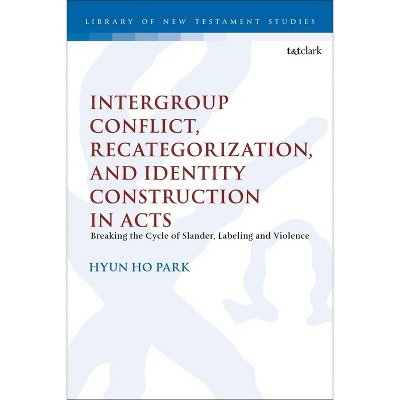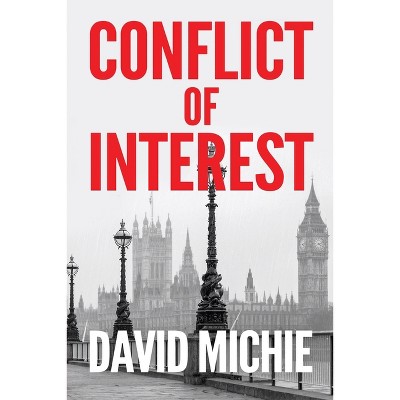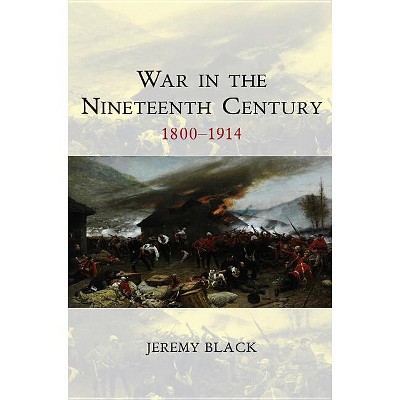Sponsored

Sharpening Conflict Management - by Joseph G Bock (Hardcover)
In Stock
Sponsored
About this item
Highlights
- Bock begins with a description of ethnoreligious violence in the world today and then offers a case study about Hindu-Muslim riots in India that illustrates how religion is used to engineer violence by those who gain from it.
- About the Author: JOSEPH G. BOCK was a visiting professor in the International Relations Department of Hebrew University in Jerusalem from 1998-2000.
- 176 Pages
- Political Science, Civil Rights
Description
About the Book
Bock begins with a description of ethnoreligious violence in the world today and then offers a case study about Hindu-Muslim riots in India that illustrates how religion is used to engineer violence by those who gain from it. The way that religion foments violence as compared to how it can be used to prevent it is analyzed in a chapter on the flash-point asymmetry problem. While religion in the direction of hatred seems to be sharp like a sword, it is argued that in some respects it is more like a butterknife in the direction of understanding and tolerance.
The second part of Dr. Bock's analysis identifies ways in which religious leaders seeking to prevent ethnoreligious violence might be more effective. He argues that religious leaders must be prepared to respond assertively to ethnoreligious aggression at early stages, not waiting for violence to erupt. Further, these leaders need to help people discipline their information processing so that they are not influenced by bigoted rumors. They must also cultivate a sense of belonging among their followers and exercise their authority by speaking out on matters of theology. He concludes that there are at least seven ways in which religious leaders have similar influence as their violence promoting counterparts. This is an important resource for scholars, researchers, students, and trainers involved with peace studies, conflict resolution, applied theology, and South Asia and Middle East studies.
Book Synopsis
Bock begins with a description of ethnoreligious violence in the world today and then offers a case study about Hindu-Muslim riots in India that illustrates how religion is used to engineer violence by those who gain from it. The way that religion foments violence as compared to how it can be used to prevent it is analyzed in a chapter on the flash-point asymmetry problem. While religion in the direction of hatred seems to be sharp like a sword, it is argued that in some respects it is more like a butterknife in the direction of understanding and tolerance.
The second part of Dr. Bock's analysis identifies ways in which religious leaders seeking to prevent ethnoreligious violence might be more effective. He argues that religious leaders must be prepared to respond assertively to ethnoreligious aggression at early stages, not waiting for violence to erupt. Further, these leaders need to help people discipline their information processing so that they are not influenced by bigoted rumors. They must also cultivate a sense of belonging among their followers and exercise their authority by speaking out on matters of theology. He concludes that there are at least seven ways in which religious leaders have similar influence as their violence promoting counterparts. This is an important resource for scholars, researchers, students, and trainers involved with peace studies, conflict resolution, applied theology, and South Asia and Middle East studies.Review Quotes
"Religion is often seen as part of the disease of ethnic conflict--the instigation or inflammation of intolerance. Increased secularism is then the obvious prescription for avoiding or reducing ethnic conflict. Against this common wisdom, Joseph Bock argues the potential for peace that lies in deepening religiosity and mobilizing the moral authority of religious leaders. His perspective is informed by hard experience on the ground in Pakistan, and his book deserves the attention of both theorists and practitioners working on problems of ethnic conflict."-Clark McCauley, Co-Director, Solomon Asch Center for Study of Ethnopolitical Conflict, University of Pennsylvania
About the Author
JOSEPH G. BOCK was a visiting professor in the International Relations Department of Hebrew University in Jerusalem from 1998-2000. He served as Country Representative of Catholic Relief Services' program in Jerusalem/West Bank/Gaza from 1997-2000 and in Islamabad, Pakistan from 1994-1997. Among his earlier publications is The White House Staff and the National Security Assistant (Greenwood Press, 1987).Shipping details
Return details
Trending Non-Fiction





